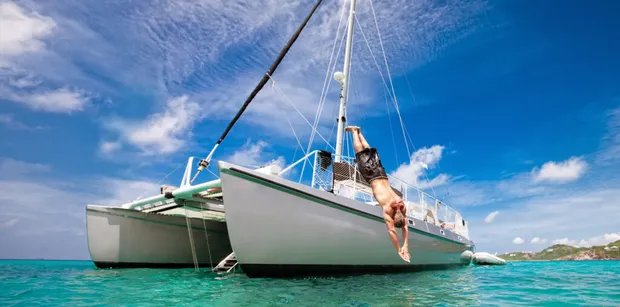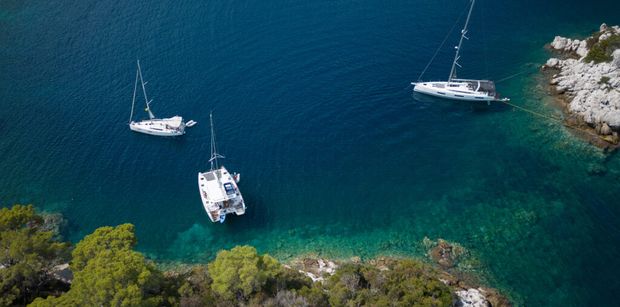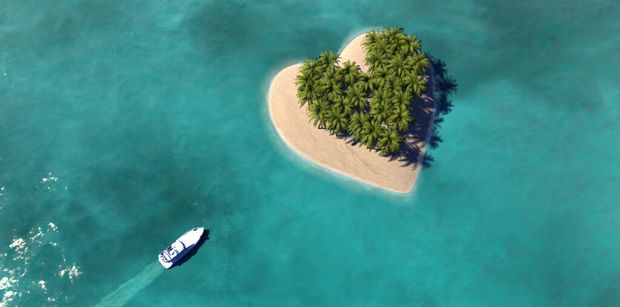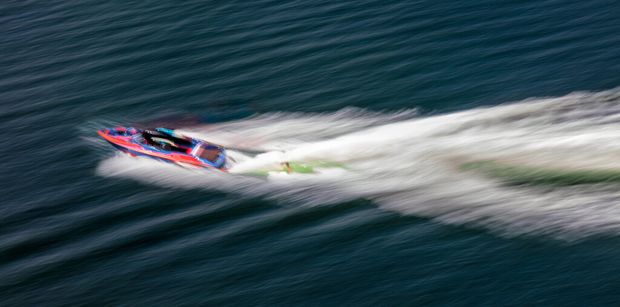Reducing carbon emissions is at the top of the agenda when it comes to the boating sector. Looking at ways to minimize the negative impact on our oceans is vital. The industry is already taking significant steps to reduce its carbon footprint and advocate for sustainability. From innovative technological solutions to operational changes, yacht builders, charter companies like us at Boatbookings, and other industry leaders are paving the way forward for a greener future.
Here, we look at how the boating industry is working to reduce its emissions:
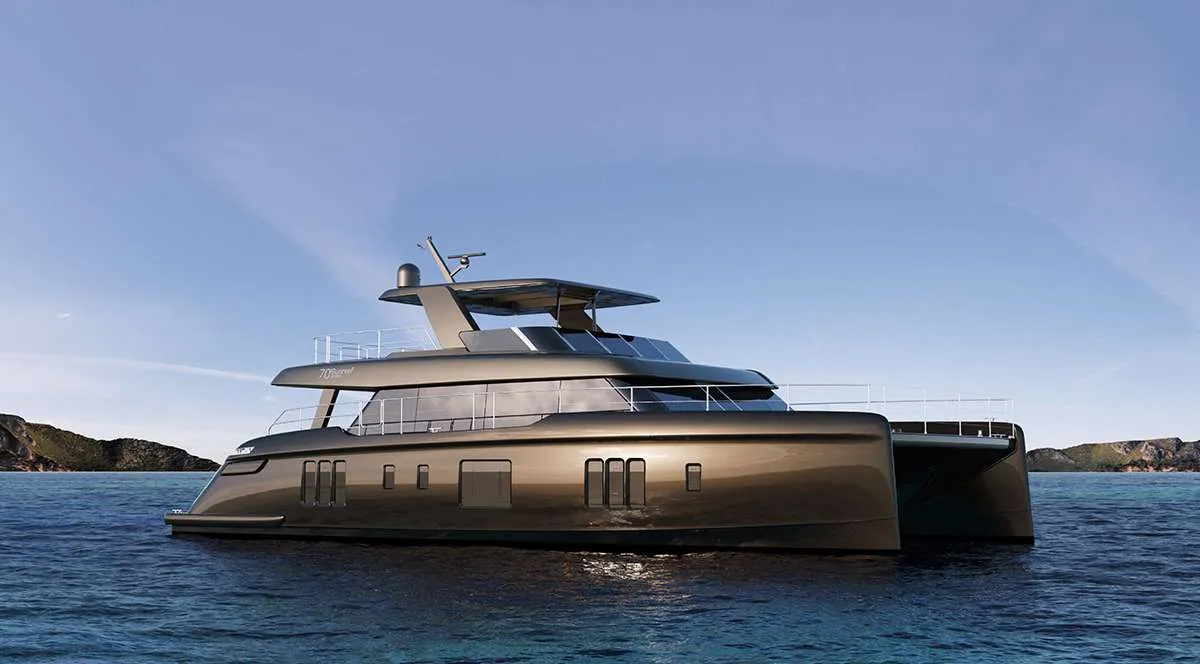
Harnessing Hybrid & Electric
One of the most significant developments in the quest for minimizing impact is hybrid and fully electric propulsion systems for yachts. By combining traditional diesel engines with electric motors or relying solely on battery power, these systems drastically reduce or eliminate the need for fossil fuels, significantly curbing emissions. We recognize these developments, so we offer a range of our greener-crewed charter catamarans. Sunreef Yachts has made massive progress with its Eco Range, utilizing cutting-edge hybrid and electric technologies. These yachts not only minimize the environmental impact but also offer a more peaceful boating experience.
Embracing Sustainable Design
Beyond propulsion, yacht builders are also exploring the use of sustainable materials and design principles to further reduce the boats’ carbon footprint. From incorporating recycled or more eco-friendly materials in construction to optimizing hull designs for improved efficiency, these efforts collectively contribute to a greener, reduced-emission future.
Carbon Offset Programs
In addition to technological advancements improving things, many companies and marinas are implementing carbon offset programs and renewable energy initiatives to mitigate the environmental impact by investing in projects that capture or offset carbon emissions, such as reforestation or renewable energy projects. Our carbon emission calculator can help you calculate the carbon credits you must purchase depending on the boat and itinerary.
Eco-Friendly Operations
In recent years, there has been a massive shift in the yacht charter sector that is helping improve the operational profiles of yachts regarding carbon emissions. More companies and yachts are implementing more eco-friendly practices. These include removing single-use plastics, including greener products onboard, offering seasonal and local menus, and implementing proper waste disposal. Fostering this culture of environmental responsibility and adopting best practices demonstrates that the boating community is working to minimize impact and carbon emissions.
Sustainability has become more of a priority for the industry, and we can see this in the decreased demand for greener crewed charter catamarans. Embracing innovation, sustainable materials, and eco-friendly practices, as well as offsetting carbon, contribute to the boating sector and reduce its overall emissions.
Contact us today to find out more about our greener yacht options or to chat with a member of the Boatbookings team about carbon offsetting.

